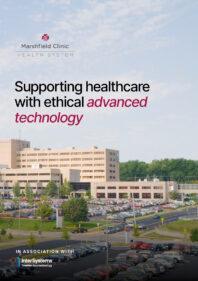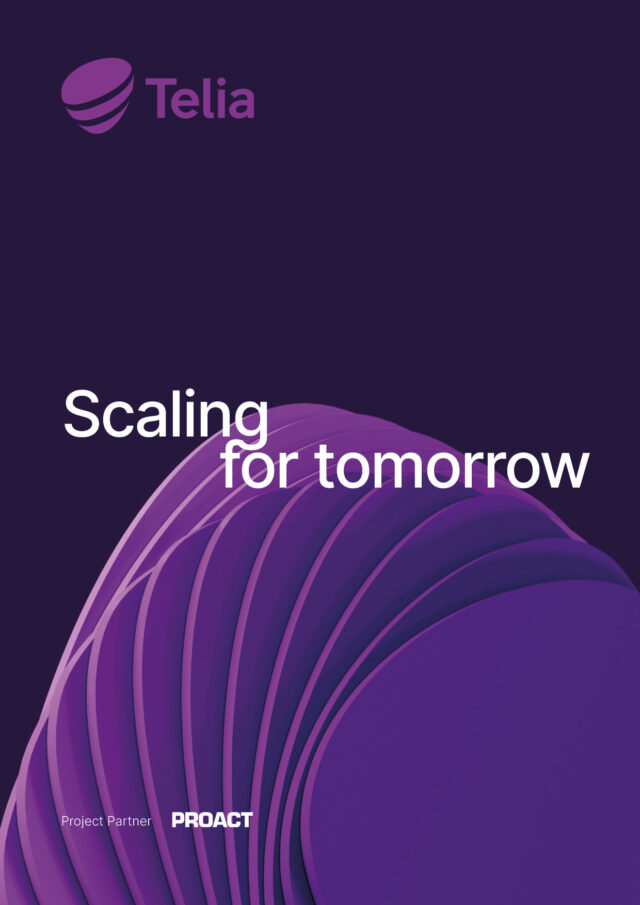Mitchell Kwiatkowski, Chief Data & Analytics Officer at Marshfield Clinic Health System, has witnessed the incredible development of IT in healthcare over the span of two decades. He worked in the technology space from the beginning of his career. Very quickly, he shifted into electronic health record implementation and support.
IT in healthcare has evolved to an enormous degree during Kwiatkowski’s time in the sector. At the start of his career, health organisations were just shifting away from paper to computer-based electronic health records (EHRs). “Within a few years, it became regulation for physicians to implement these EHRs,” Kwiatkowski explains. That’s unsurprising given the pace of technology.

Technology at Marshfield
Healthcare being a little behind other industries technology-wise often manifests itself as having a lot of legacy or siloed systems. This was the case when Kwiatkowski joined Marshfield Clinic. As an integrated delivery system, many parts of the organisation were somewhat fragmented. When an enterprise consists of 11 hospitals, a health plan, and a research institute, that’s to be expected.
“The health plan does what it’s doing because there’s a certain way it needs to run its business,” he explains. “Hospitals and physician practices need to do things their way to care for patients, and research has its own processes, too. Everyone has their own data environment. They’re using different tools, so you end up with a few manual processes as well as fragmented data. The technology’s not necessarily as modern as we’d like. However, as we’re shifting out of the world of the reliable, home-grown EHR that we had used for so many years, we are trying to use the opportunity to make some adjustments.”

Ethical and responsible AI
Kwiatkowski is adamant AI must be used ethically if it’s going to benefit Marshfield and its services. This is particularly important in the highly regulated world of healthcare, which is full of sensitive data.
“Any time we’re creating something, or buying a product or service, we have to make sure all the information is being treated fairly,” Kwiatkowski explains. “Whatever it’s doing, however we’re using it, it must be treated fairly. We need to make sure we’re not injecting bias in there, we’re not harming anybody, and we’re ensuring there are no other unintended consequences. This is the responsibility side.
“The ethics part can be a little more challenging. Perspectives can differ when it comes to ethics, so we have to be transparent about what we’re doing and not shy away from difficult conversation. It’s about being careful with what data is being used, what the algorithms or AI solution are doing, and what we’re doing with the output in the end.”









